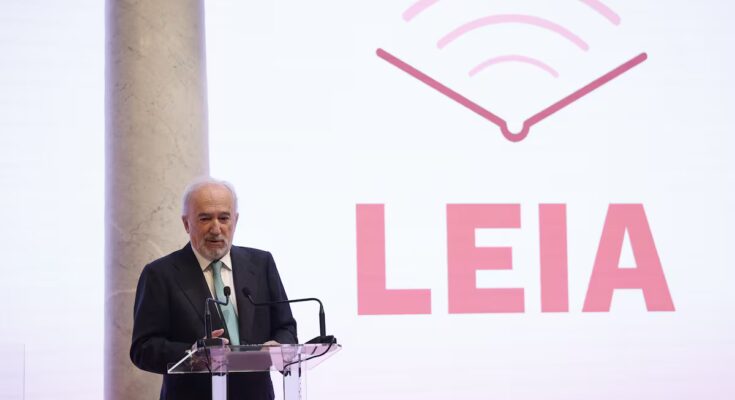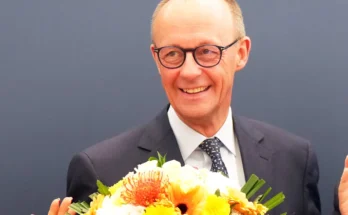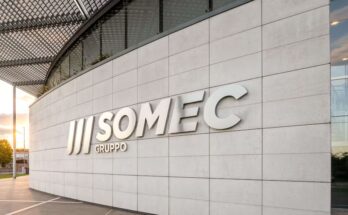This Thursday morning, the Royal Spanish Academy (RAE) presented the tools developed for the LEIA –Spanish language and artificial intelligence– project, which aims to ensure the correct use of Spanish in the digital universe. The new features are an observatory of new words, a linguistic consultation system, a compiler of the different linguistic varieties of the Spanish-speaking geographical areas, the digitization of files and a linguistic verification tool.
Asunción Gómez-Pérez, academic and director of the RAE project, was in charge of presenting the platform and the different applications that will soon be available. The Word Observatory, which the Academy already uses, automatically detects words and expressions that are not included in the Dictionary of the Spanish language. It does this every day, massively, drawing on the digital world and multiple sources such as social networks and the press.
The linguistic query system will expand the already existing query mechanism in the RAE thanks to artificial intelligence, which will classify queries through different variables and retrieve similar cases. Gómez-Pérez clarified that “it will always be a linguist who gives the answer” and that this tool is not a “chatbots”.
To cope with the diversity of the language in different geographical areas, a compiler was created that aims to massively group the linguistic information of Spaniards. This will happen through games or challenges, available to users, in which the system will ask them a series of questions to obtain information on a word.
Digitizing red dot tokens – “high-value lexicographic cards that designate the earliest documentation of a word,” according to Rae – involves scanning the tokens to transform them into images and transcribing their contents.
The language checker analyzes texts using artificial intelligence techniques, including the detection and classification of spelling, lexical, syntactic and morphological errors, as well as correction suggestions and explanations with links to doctrine.
The director of the RAE, Santiago Muñoz Machado, clarified the objective of the project: to strengthen the presence of Spanish in the digital environment given the predominance of English. Muñoz recalled in his speech that the LEIA Project dates back to 2019, with its official presentation at the XVI Congress of the Association of Spanish Language Academies, so they are “pioneers” in the integration of this new technological integration in the Spanish-speaking cultural sphere. With these new advances, the manager assures, “the RAE decisively enters the territory of artificial intelligence because it is not an option, but a necessity”, and with this the Academy “reaffirms its public commitment”.
From the Government, one of the organizations financing the project, Aleida Alcaide, general director of Artificial Intelligence of the Ministry of Digital Transformation and Public Services, also highlighted the threat to the Spanish language when interacting in English with applications. The directive clarified the objective: “To avoid linguistic monopoly in certain economic sectors in the future”.



